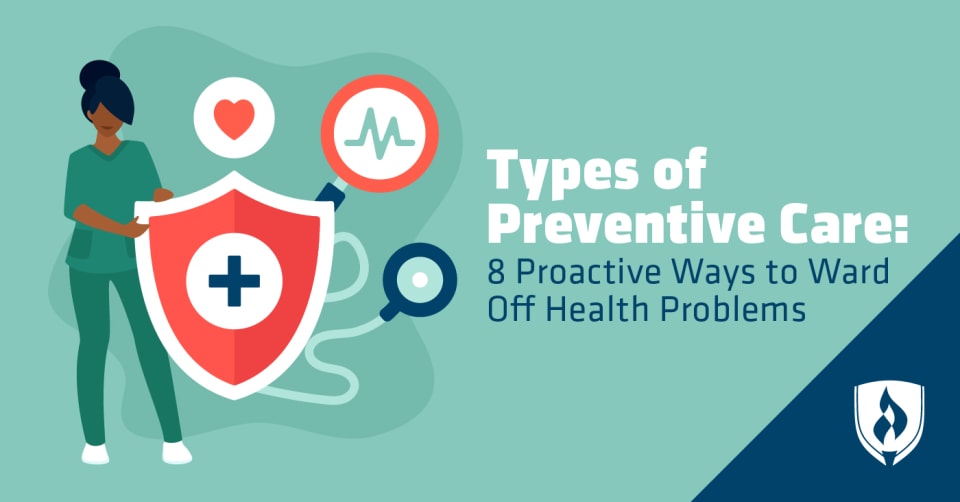In the realm of healthcare, a paradigm shift towards preventive measures is gaining momentum as individuals and healthcare systems recognize the profound impact of proactive health practices. Preventive healthcare emphasizes averting illnesses before they manifest, focusing on wellness, and adopting a proactive stance toward overall health. This article delves into the importance of preventive healthcare, its key components, and the transformative effects of a proactive approach to well-being.

1. Early Detection and Screening
A cornerstone of preventive healthcare is early detection through regular screenings and check-ups. Routine health screenings, such as mammograms, blood pressure checks, and cholesterol tests, enable healthcare professionals to identify potential health risks at an early stage. Early detection often translates into more effective and less invasive treatment options, enhancing the chances of successful outcomes.
2. Vaccinations and Immunizations
Immunizations are vital components of preventive healthcare, protecting individuals from a range of infectious diseases. Vaccines not only shield individuals from illnesses but also contribute to community immunity, reducing the overall prevalence of contagious diseases. Staying up-to-date with recommended vaccinations is a proactive measure that fosters individual and public health.
3. Lifestyle Modification and Healthy Habits
Preventive healthcare places a strong emphasis on lifestyle modifications and the cultivation of healthy habits. Maintaining a balanced diet, engaging in regular physical activity, managing stress, avoiding tobacco, and limiting alcohol consumption are fundamental to preventing chronic conditions such as heart disease, diabetes, and obesity. Adopting these healthy habits empowers individuals to take control of their well-being.
4. Health Education and Awareness
Knowledge is a powerful tool in preventive healthcare. Health education and awareness campaigns play a crucial role in empowering individuals to make informed decisions about their health. Understanding the risk factors associated with certain conditions and recognizing the importance of regular check-ups contribute to a proactive mindset toward preventive care.
5. Chronic Disease Management
For individuals with chronic conditions, preventive healthcare involves proactive management to prevent complications and exacerbations. Regular monitoring, adherence to prescribed medications, and lifestyle modifications tailored to the specific condition are key components of preventive care for those with chronic illnesses.
6. Mental Health and Wellness Programs
Preventive healthcare extends beyond physical well-being to encompass mental health. Proactively addressing stress, anxiety, and depression through wellness programs, counseling, and mindfulness practices contributes to overall emotional resilience. Prioritizing mental health is an essential aspect of a comprehensive preventive healthcare approach.
7. Personalized Healthcare Plans
Recognizing that individuals have unique health needs, preventive healthcare emphasizes personalized healthcare plans. Tailoring interventions based on an individual’s health history, genetic predispositions, and lifestyle factors enhances the effectiveness of preventive measures, ensuring that healthcare is both proactive and personalized.
8. Community Engagement and Public Health Initiatives
Preventive healthcare extends its impact beyond individual efforts to encompass community engagement and public health initiatives. Collaborative efforts in health education, disease prevention campaigns, and access to healthcare resources contribute to a proactive, community-wide approach to well-being.
Conclusion
Preventive healthcare represents a transformative shift towards a proactive and holistic approach to well-being. By emphasizing early detection, vaccinations, healthy habits, education, and personalized care, individuals can take charge of their health and reduce the burden of preventable illnesses. Embracing preventive healthcare not only enhances individual health outcomes but also contributes to the creation of healthier communities and societies. In adopting a proactive stance towards well-being, individuals pave the way for a healthier and more resilient future.
()





